Launching a new product without ensuring there's a real-world demand is a perilous endeavor that has led many startups to failure. Market validation is the cornerstone of successful product development, ensuring that time, resources, and capital are invested wisely.
Understanding Market Validation
Market validation is the process of determining if there's a need for your product in your target market. It enables entrepreneurs to predict whether people will buy their product or service and whether the business will be profitable. Validating your idea early in the entrepreneurial process ensures you don't waste time and resources creating a product that isn't a good fit. online.hbs.edu
Key Strategies for Market Validation
- Surveys: Conducting surveys allows entrepreneurs to gather direct feedback from potential customers. This method helps in understanding customer needs, preferences, and willingness to purchase. Designing effective questionnaires is crucial to obtain unbiased and actionable insights.
- Beta Testing: Releasing a minimum viable product (MVP) to a limited audience helps in collecting real-world usage data. This approach provides insights into product functionality and market fit, allowing for iterative improvements based on user feedback. en.wikipedia.org
- Competitor Research: Analyzing existing competitors offers valuable insights into market demand and potential gaps. Understanding competitors' strengths and weaknesses enables the development of a unique value proposition.
Consequences of Poor Market Validation
Numerous startups have faced failure due to inadequate market validation. A study analyzing over 110 startup post-mortems revealed that lack of product-market fit was a leading cause of failure. For instance, companies that did not thoroughly assess market demand before launching their products often found themselves unable to attract or retain customers, leading to significant financial losses.
MP Nerds' Methodology for Market Validation
At MP Nerds, we emphasize a comprehensive approach to market validation:
- Hypothesis Documentation: We begin by documenting assumptions about the product, target audience, and market needs. This step sets a clear foundation for testing.
- Targeted Surveys: We design and distribute surveys to potential customers, aiming to gather quantitative data on their needs and preferences.
- Pilot Programs: Implementing beta testing with a select user group allows us to observe real-world interactions with the product and gather qualitative feedback.
- Continuous Iteration: Based on the collected data, we iteratively refine the product, ensuring alignment with market demands before a full-scale launch.
Ensuring there's a market demand for a product before its launch is crucial for the success of any startup. Employing strategies like surveys, beta testing, and thorough competitor research can significantly mitigate risks. At MP Nerds, our structured approach to market validation has been instrumental in guiding startups toward successful product launches, aligning innovation with genuine market needs.






